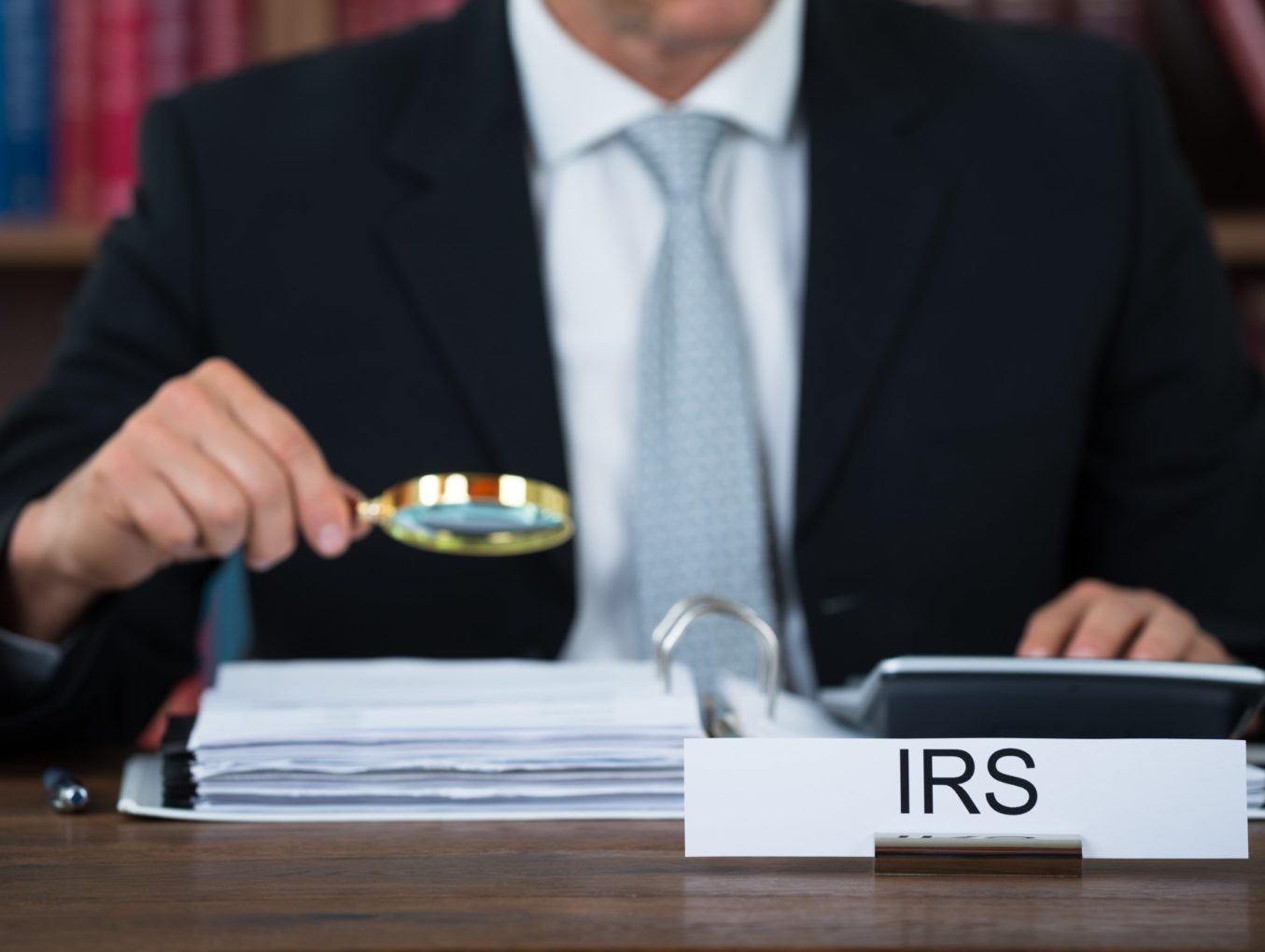You may receive an IRS audit letter if there are red flags on your tax return. The initial IRS audit contact letter informs you that your tax return is being audited and that the IRS needs additional information to complete your tax return review.
What Triggers a Tax Audit?
Anything on your tax return that indicates you are not accurately reporting your income, expenses, or deductions could trigger a tax audit.
The following are some of the tax return issues that trigger IRS audits:
- If you fail to report taxable income
- If you have an unreported foreign account
- If there are too many itemized deductions
- If your income doesn’t match your lifestyle expenses
- If you claim children who are not your dependents
How Will the IRS Notify You of a Tax Audit?
Whenever there is an audit issue with a tax return, you’ll first receive an IRS letter by mail. The IRS will never notify you of an audit through other channels, including phone calls, emails, text messages, or social media accounts.
It is important to note that a legitimate IRS audit letter doesn’t ask for personal information from you that the IRS already knows. This is information such as name, Social Security Number, and address.
If you don’t know if your IRS audit letter is real, you can always contact your local IRS office or a tax professional to verify your audit status.
What Does an IRS Audit Letter Look Like?
The IRS sends clear and concise letters, often by certified mail. These letters clearly identifies your name, taxpayer ID, and contact information. Additionally, this letter explains the exact reason for an audit and the information you should provide to resolve it.
IRS audit letters feature 4 main sections:
- Documents Request: This section of an audit letter details the specific documents requested by the IRS and why you need them at your tax audit examination meeting.
- IRS Audit Examination Expectations: This audit letter section outlines the duration of the IRS audit meeting and what needs to be completed in the time allotted.
- IRS Audit Examination Attendees: This section of an IRS audit letter is for the tax audit meeting attendees. For example, if you filed a joint return, you and your spouse may both be present. Depending on your tax filing status, you can also have someone else represent you at your audit examination (Contact us). If you will not be available, you can select a representative to attend on your behalf. Please note that you must file a power of attorney (POA) when someone else will represent you at your audit examination meeting.
- Failure to Respond: This audit notice section explains the consequences of ignoring an IRS audit letter. If you ignore your audit notice, the IRS may conclude you now owe taxes.
What Information Does an Audit Letter Request?
When the IRS is conducting an audit, your audit letter asks you to provide information and documents that support your income, expenses, and credits/deductions claimed on your tax return. Examples of the records the IRS might request include:
- Receipts
- Bills
- Canceled checks
- Employment documents
- Financial logs
- Legal papers such as divorce settlements, civil or criminal defense papers, property acquisition, and/or tax preparation or advice
- Loan agreements
- Medical records
- Schedule K-1
How Do You Respond?
First, know that you must respond to an IRS audit letter within 30 days. Respond as soon as possible, either by calling the IRS directly or mailing an audit response letter to the IRS.
If you are responding to an IRS audit via an audit response letter:
- Include full name, Taxpayer Identification Number (i.e., SSN or ITIN), contact information, employee ID or business ID, and name of IRS audit officer
- Focus on each issue stated in your IRS audit letter and address completely and accurately
- Attach supporting documents to your audit response letter
- Request an audit meeting with the IRS to resolve the tax return issues (make sure you indicate a specific date and time you’d like to meet)
What If You Don’t Respond?
Consequences of failure to respond to an IRS audit letter include:
- Additional taxes, penalties, and interest assessed by the IRS
- IRS makes changes to your original tax return and sends a 90-Day Notice of Deficiency letter
- IRS starts tax debt collections, which leads to liens, wage garnishment, and/or bank account levies
- You lose your right to appeal with the IRS
How Long Does an IRS Audit Take?
Although tax laws give the IRS up to three years to audit a tax return, an IRS audit typically takes 3 months to complete. However, large corporate cases may take longer.
Some factors that determine the length of your tax audit include:
- Type of IRS audit
- IRS audit backlogs
- Audit appeals (amount of time required to complete an IRS audit automatically increases with appeals)
IRS Audit Letter Help
The IRS requires all taxpayers being audited to provide a written response. Your response letter to the IRS must be accurate, flawless, and done correctly in order to resolve the tax audit quickly. This includes attaching all necessary supporting documents to your audit response.
If you received an IRS audit letter, the best thing to do is contact us right away. We will guide you on the steps to take to settle your tax audit. You can call us at (866) 568-4593 to learn more about how we can help.
Alternatively, you can start here to take our free online evaluation. Regardless, we promise to save you thousands in fees.
6 Simple Questions. Free Evaluation.
Join our Newsletter
Enter your email address to join our free newsletter. Get all the latest news and updates.

